About the Program
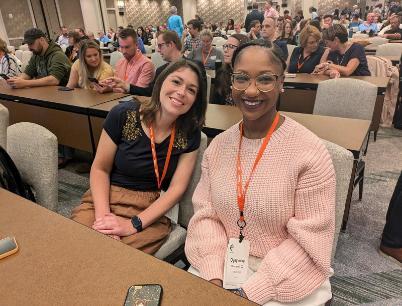 As the Division of Clinical Toxicology has evolved since its establishment in 2009, so have the opportunities for students, residents and fellows. This burgeoning program, which accepted its first fellow in 2011, fosters exploration of the field of medical toxicology in a collaborative environment. Fellows are able to contribute to the development and growth of the fellowship itself and the division as a whole.
As the Division of Clinical Toxicology has evolved since its establishment in 2009, so have the opportunities for students, residents and fellows. This burgeoning program, which accepted its first fellow in 2011, fosters exploration of the field of medical toxicology in a collaborative environment. Fellows are able to contribute to the development and growth of the fellowship itself and the division as a whole.
Upon completion of the two-year, ACGME-accredited program, graduating fellows will possess a broad spectrum of skills that enable them to do the following:
- Provide comprehensive and skilled consultation on clinical toxicology cases
- Initiate an independent practice of medical toxicology
- Integrate into an academic environment
- Exhibit outstanding teaching skills
- Manage and provide medical direction for poison centers
- Conduct innovative, cutting-edge research
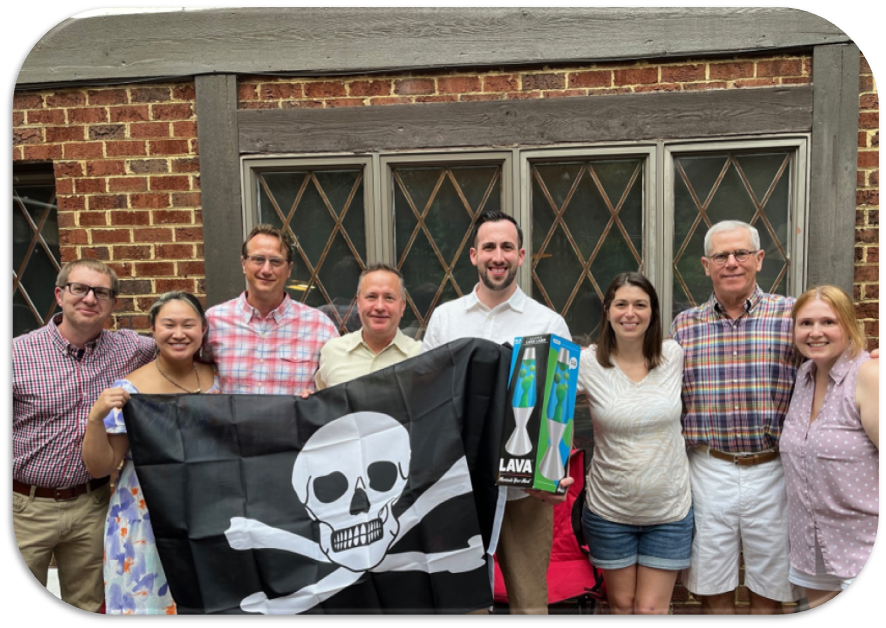
Mission
The mission of our fellowship is to develop clinicians who are exceptional in all domains of the medical toxicology discipline and enter their professional careers as skilled, well-adjusted clinical assets to the healthcare system. We accomplish this in a dynamic, balanced environment that emphasizes both rigorous education and trainee wellness while promoting inquiry, lifelong learning, scholarship and equitable patient care.
Join our missionCurriculum
Learn about our extensive curriculum.
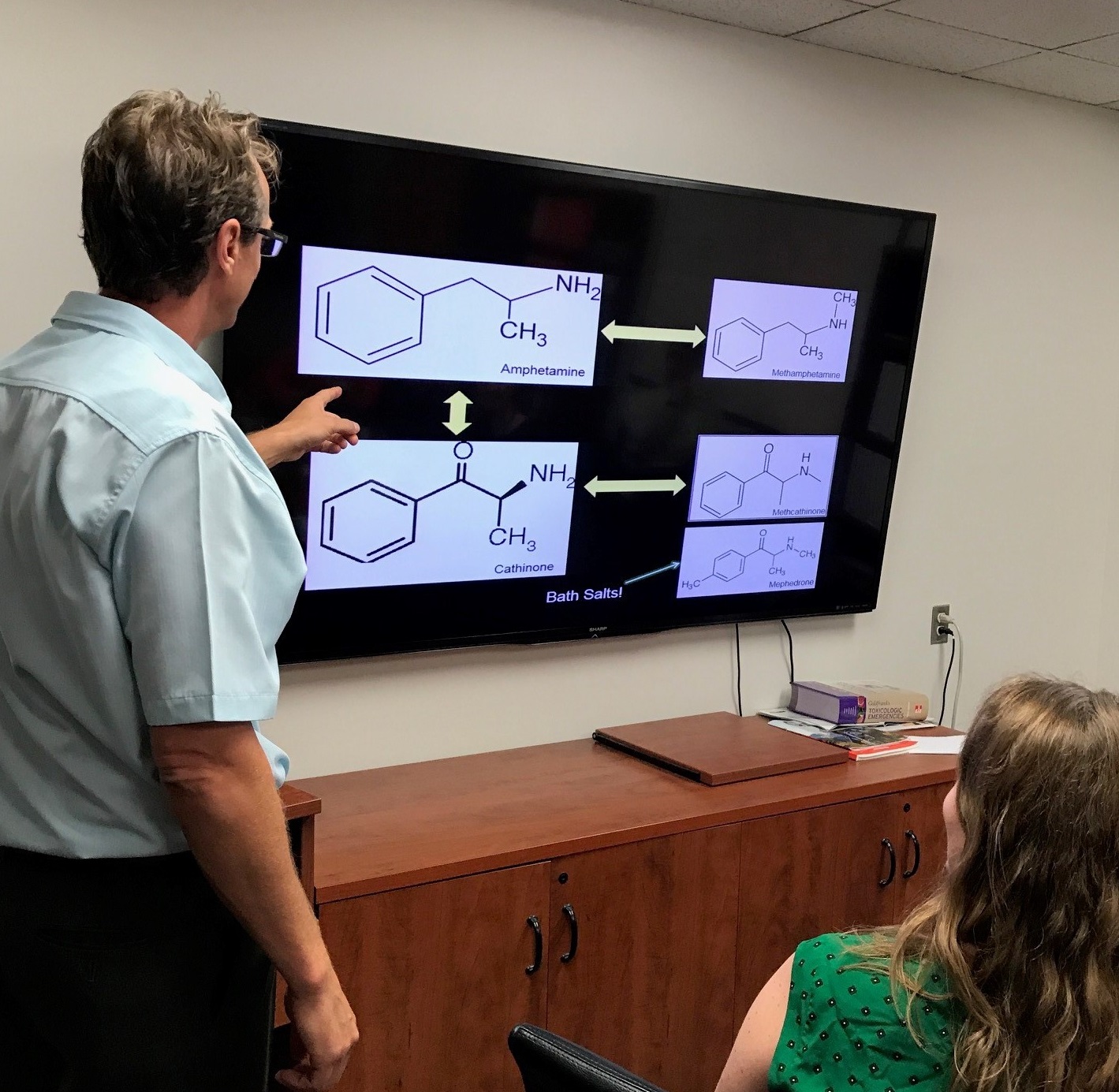
This fellowship includes rigorous core content studies through weekly didactic sessions, faculty lectures and review of comprehensive articles and textbook chapters during the first year. Fellows also gain valuable teaching experience by engaging with the residency programs, School of Medicine and School of Pharmacy through lectures, simulation lab, small-group discussions and mock oral board examinations. Fellows may have the opportunity to either attend ACEP Research Academy or Advanced Research Methodology Evaluation and Design (ARMED) depending on their interests.
Second-year fellows lead teaching rounds in the Virginia Poison Center. Didactics during year two are increasingly focused on board preparation, with weekly case conferences and journal clubs progressively utilizing primary literature to address clinical questions, controversies or myths germane to the subspecialty.
We encourage our fellows to pursue their unique interests and offer flexibility to modify the curriculum based on their aspirations. Elective clinical rotations include the following:
- Addiction medicine
- Forensic toxicology
- Pediatric critical care
- Fellows can also obtain and complete formal coursework in areas such as the following:
- Medical review officer
- Advanced hazardous life support (AHLS)
Fellows are directly involved in all aspects of the Division of Clinical Toxicology, which includes an active consultation service that evaluates about 250 inpatient and 40 outpatient clinic patients each year.
The program also focuses on teaching, and the division runs the medical toxicology clinical rotation that annually hosts about 180 emergency medicine, internal medicine and pediatric residents, along with medical students, visiting residents and fellows and pharmacy students and residents. We also provide professional education for EMS providers, nurses, medical students, residents and physicians with at least 250 lectures at local, regional and national venues.
A Week in the Life
Each week, fellows can expect a schedule along the lines of the following:
|
Monday
Consults
8 - 9 am
|
Tuesday
Consults
8 - 9 am
|
Wednesday
Consults
8 - 9 am
|
Thursday
Consults
8 - 9 am
|
Friday
Consults
8 - 9 am
|
||||
|
Teaching Rounds
9 - 11 am
|
Board Review
9 - 10 am
|
Teaching Rounds
9 - 11:30 am
|
Teaching Rounds
9 - 11:30 am
|
Teaching Rounds
9 - 11 am
|
||||
|
Educational and Research Activities
12 pm -
|
Teaching Rounds
9 - 10 am
|
Educational and Research Activities
12 pm -
|
Environmental &
Occupational Toxicology Clinic/Journal Club
1 - 3 pm
|
Educational and Research Activities
12 pm -
|
||||
|
Fellow Case Conference +
Core Content Review
10 am - 12 pm
|
or
EM Conference
|
Educational and
Research Activities
3 pm -
|
||||||
|
Research Meeting
1 pm -
|
Research
Attending physicians, fellows, residents and medical students within the Division of Clinical Toxicology and Department of Emergency Medicine continuously engage in research and scholarly activities. Those interested in cutting-edge research, which ultimately translates to improved patient care, also have the opportunity to collaborate with scientists in the School of Medicine and the Vice Chair for Research in the Department of Emergency Medicine.
Compensation
What to expect as a Medical Toxicology fellow
Fellows work 12 hours per week clinically in our emergency department as teaching attendings (approximately five 10-hour shifts per month).
Working in the ED at VCU is an excellent experience for our fellows, especially for those interested in an academic career. VCU Medical center is the busiest Level 1 trauma center in Virginia and provides care for approximately 95,000 patients each year, including 4,000 trauma victims. Fellows work closely with and often mentor emergency medicine residents both clinically and with academic projects, building an excellent portfolio for a future in academic emergency medicine.
Fellows’ compensation includes the following:
- Base pay of $62,782
- Professional expense account of $2,500
- Benefits including medical insurance, generous paid time off and hospital-based childcare coverage
Fellows may also have the opportunity to attend American College of Medical Toxicology (ACMT) and additional research training courses.
Moonlighting is allowed, and fellows often choose to work additional shifts in our emergency department. With moonlighting factored in, our fellows earn an average of $95,000 per year. Additionally, the Richmond metropolitan area is very affordable with a lower overall cost of living than most other parts of the country.
Life in Richmond
Urban life with a small-town feel
We encourage our students, residents and fellows to maintain a healthy work-life balance, and Richmond is a wonderful place to engage in that well-rounded lifestyle. As the capital of Virginia since 1779, Richmond attracts students, faculty and staff from around the globe. The city’s location affords easy day trips to destinations like Washington, DC, Virginia Beach, Colonial Williamsburg and the Blue Ridge Mountains, among others.
As a mid-sized city with a metropolitan population of 1.3 million, Richmond provides stimulating activities while maintaining its intimate feel and unique vibe. Vibrant neighborhoods offer distinct, diverse experiences, with no shortage of art galleries, museums, music venues, restaurants, breweries and parks. For the outdoor enthusiast, you can’t beat the offerings in the city’s riverfront parks and urban wilderness areas such as white-water rafting, hiking, mountain biking and festivals.
Learn more about our community.
Fellows
First Year Fellow
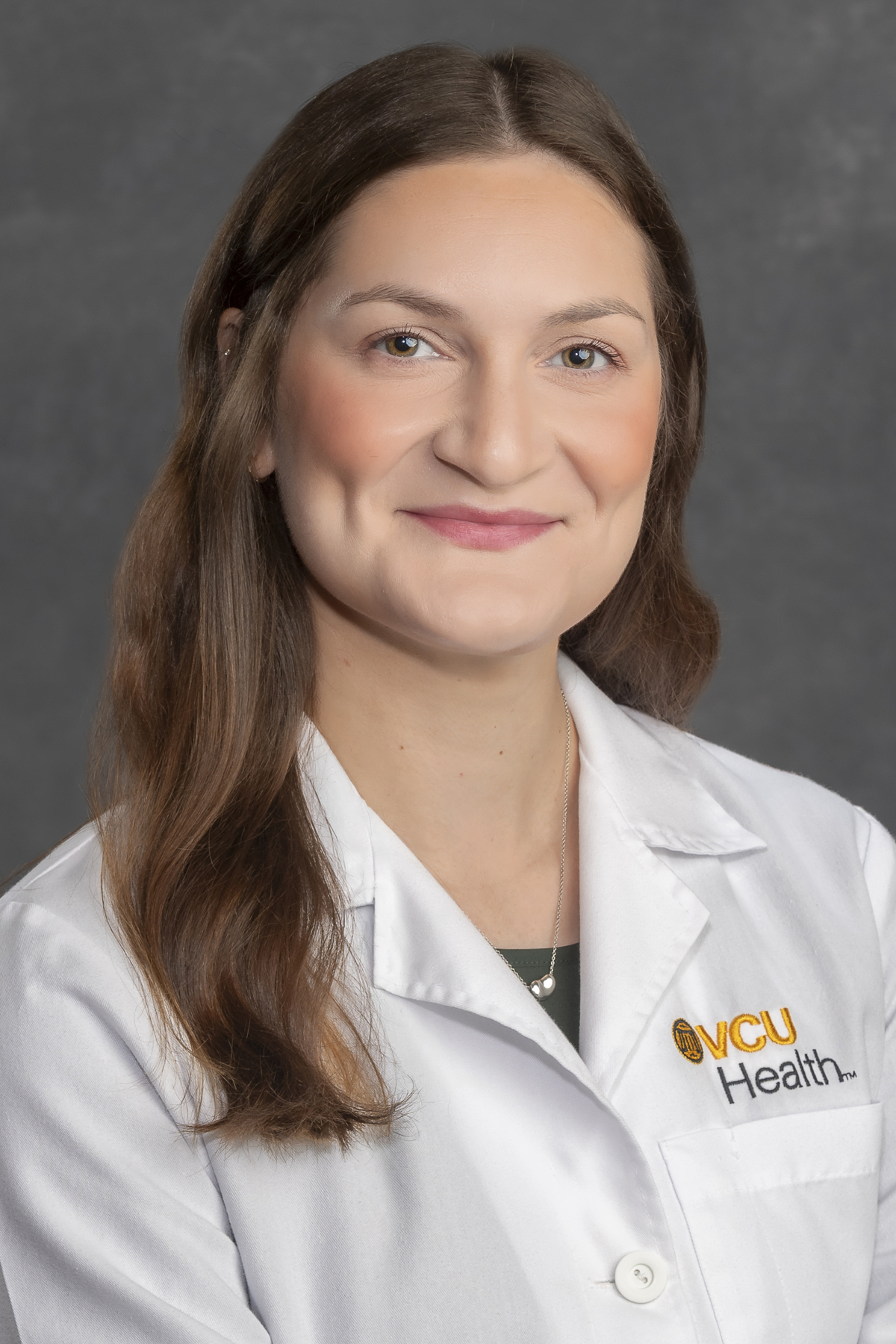
Madison Bompard
Medical Toxicology Fellow

Madison Bompard
Medical Toxicology Fellow
Emergency Medicine
Residency: University of Connecticut
Medical School:
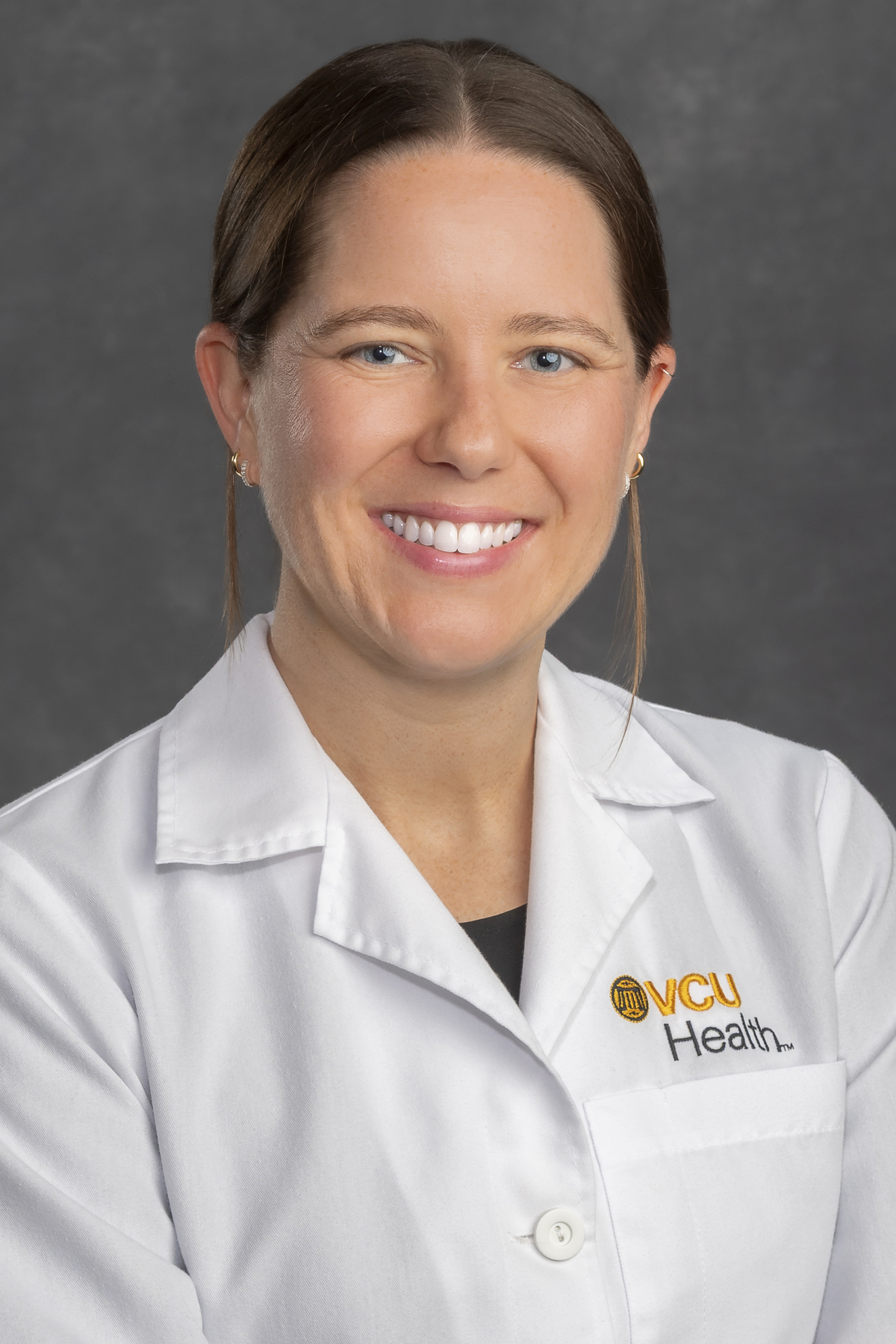
Taylor Wahrenbrock
Medical Toxicology Fellow

Taylor Wahrenbrock
Medical Toxicology Fellow
Emergency Medicine
Residency: Cook County
Medical School:
Second Year Fellow
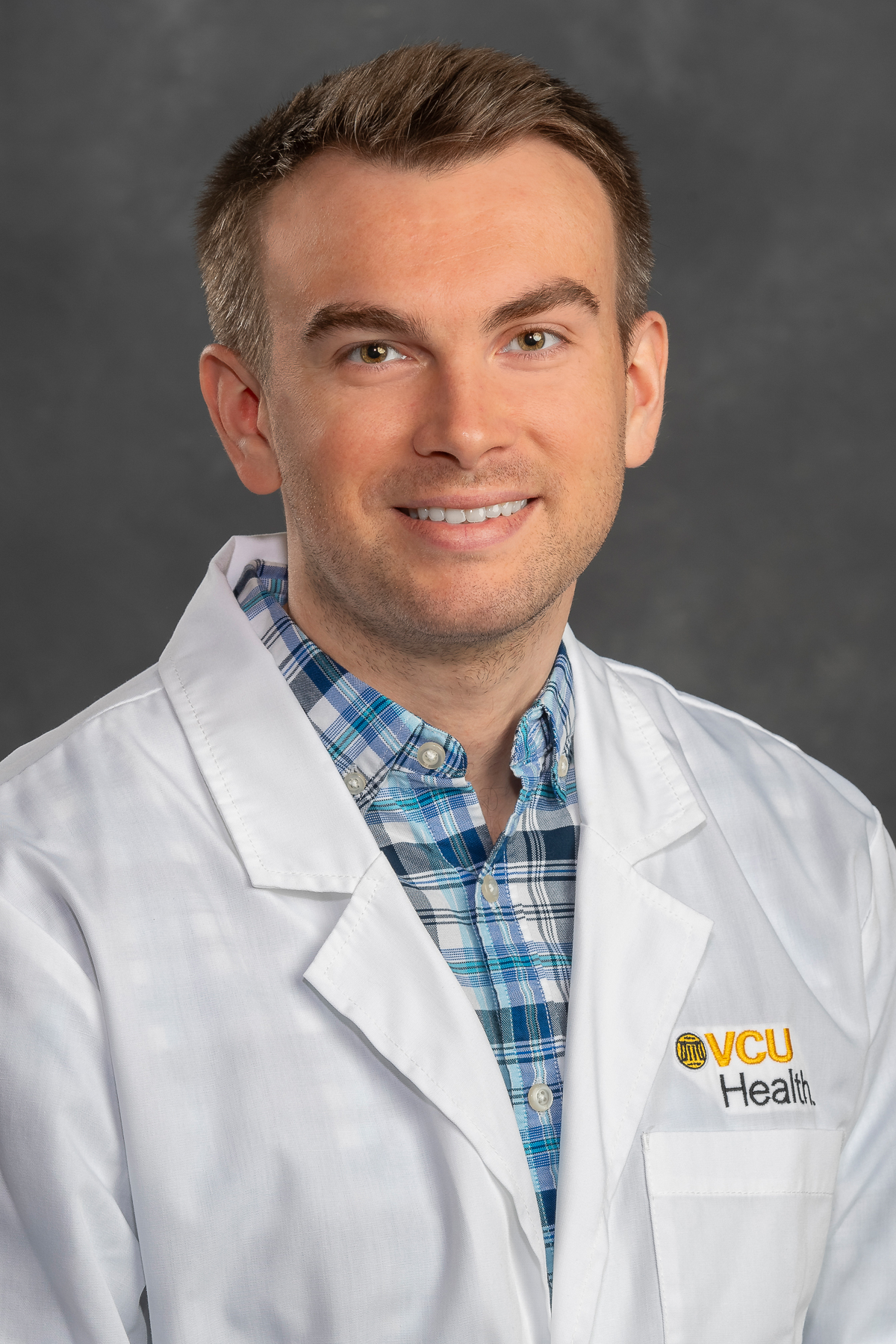
Joseph Testa
Medical Toxicology Fellow

Joseph Testa
Medical Toxicology Fellow
Emergency Medicine
Residency: University of Connecticut
Medical School: University of Connecticut
Email: Joseph.Testa@vcuhealth.org
How to Apply
Medical Toxicology is now using ERAS for applications. We accept applications from July to September for the following year, and interviews take place between July and October. Candidates for consideration are required to have completed USMLE or COMLEX exams and trained at an ACGME accredited residency program. Emergency Medicine training is preferred. Recognizing that your time is valuable, we offer a flexible interview process.
We participate in the National Residency Matching Program (NRMP), and rank order lists are required by mid-November. Those who wish to apply after the match may be considered up to December. Those who apply (after September 15) must directly email the coordinator or program director to inquire about remaining interviews.
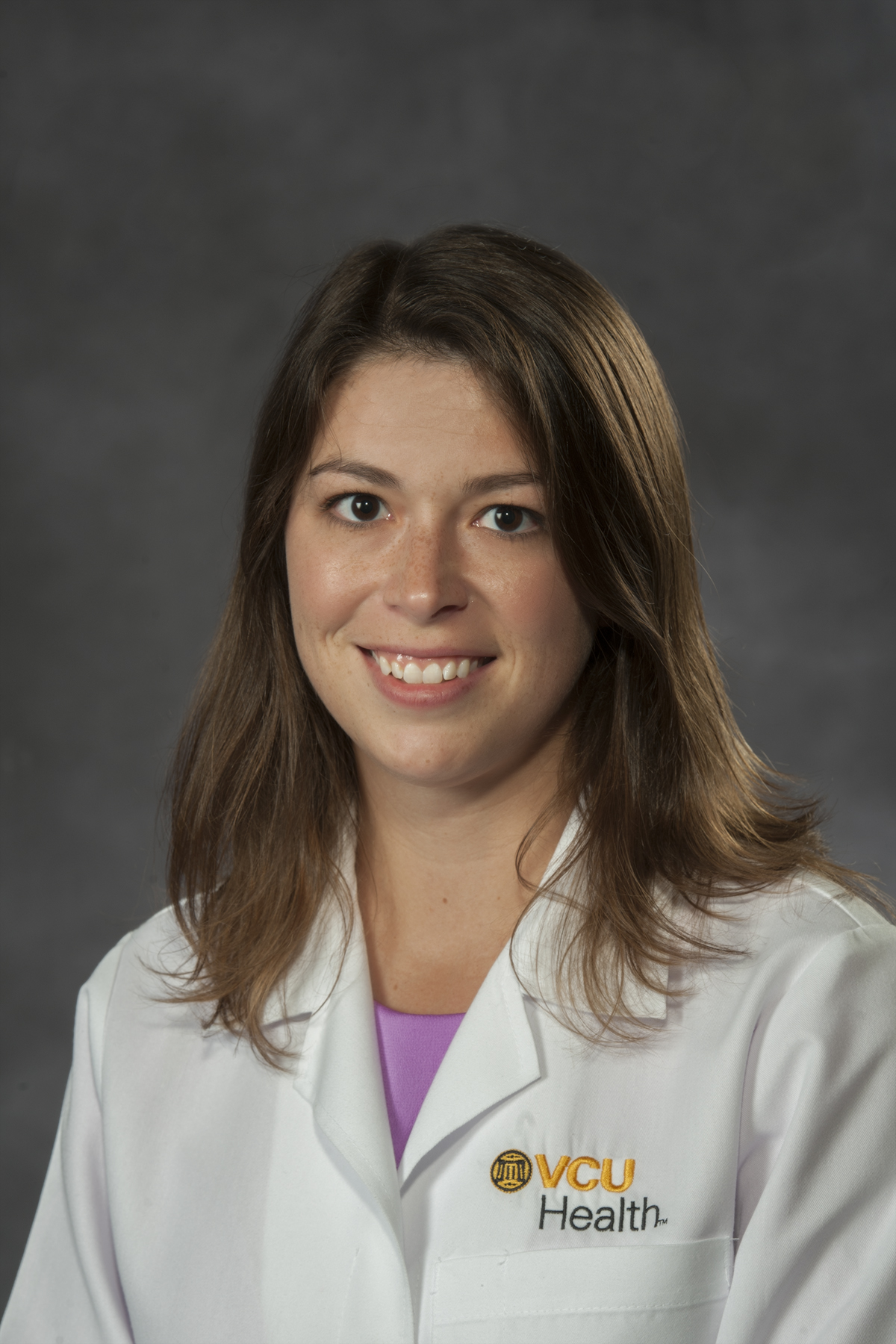
Emily Kershner, MD
Medical Toxicology Fellowship Director

Emily Kershner, MD
Medical Toxicology Fellowship Director
Division of Clinical Toxicology
Email: emily.kershner@vcuhealth.org
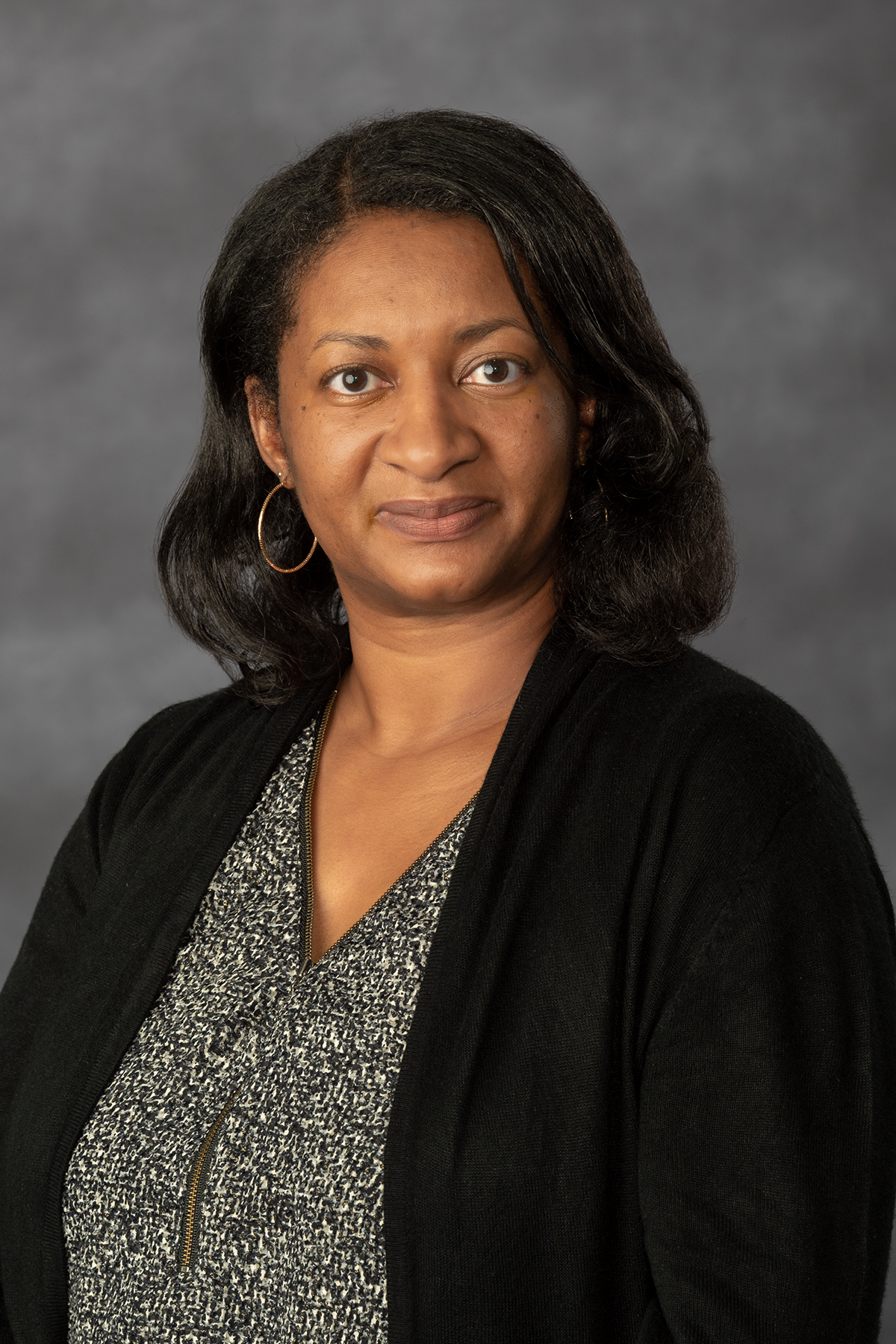
Sharon Fleming
Fellowship Coordinator

![[VCUSOM Message from the Dean] - Message from the Current Fellow](/media/emergencymedicine-dev/siteassets/img/headshots/OyeyimikaOyekanmi(TOX).jpg)